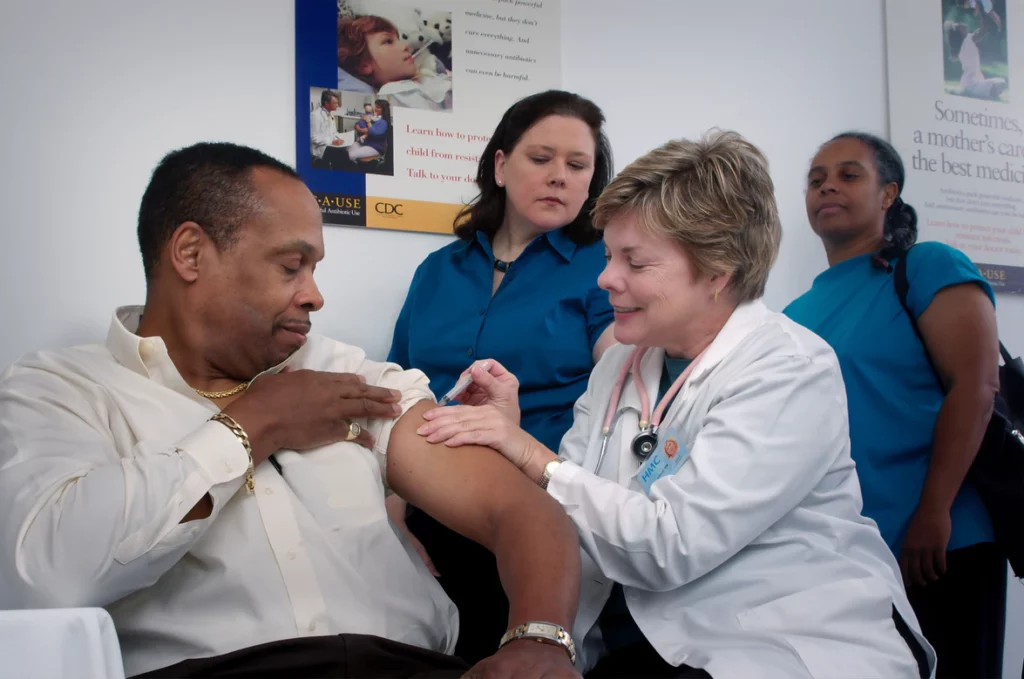Many residents choose to take out a private healthcare policy to access a wider variety of hospitals and facilities, and to skip the public sector’s occasionally long waiting lists. An assortment of schemes are available to expats in Cyprus, each tailored individually based on certain criteria.
There are two main private health insurance options available to expats. Some choose the stability and flexibility of international private medical cover, while others opt for considerably cheaper premiums with a local private medical insurance company.
Treatment is often paid for upfront by the patient and is reimbursed within the month. Depending on the policy, it shouldn’t be necessary to notify the provider before receiving treatment, although most companies do offer a 24-hour toll-free number should patients have any issues or queries.

Pharmacies in Cyprus
There are many pharmacies in Cyprus, especially in highly populated areas such as Paphos, Larnaca and Limassol.
Cyprus pharmacies are typically open from 9am until noon or 1pm, when they close for a few hours and reopen from 3pm to 6pm or 7pm. Night pharmacies are open from 8am to 10pm but can be contacted 24 hours if medication is needed.
Emergency services in Cyprus
There are nationwide emergency services in Cyprus, the numbers are as follows:
112 – General emergency number for EU countries
199 – Local emergency number in Cyprus.
Healthcare in Cyprus is cheap and effective, and is another reason many chose to relocate to the island.
Public heathcare is cheap and subsidised, and even private healthcare costs can be quite affordable. Both state-funded and private hospitals can be found in all of Cyprus’s major cities.
Doctors working in both sectors of the medical industry are often trained overseas, and most, if not all, speak an acceptable level of English.
Access to public healthcare is determined via residency status. Anyone staying in Cyprus for three months or more is considered a resident, allowing them to register with the General Healthcare System (GHS) and select a local doctor. This can be done online.



Health care in Cyprus accounted for 7% of its GDP in 2014. Between 2010 and 2014, health care spending increased from $1,705 per capita to $2,062 per capita. Cyprus has a multi-payer health care system that consists of a public and private sector. The public sector is funded by payroll, earnings taxes, and employer contributions.
The public sector healthcare provides social insurance for the employed, self-employed, and for several types of civil servant. A universal national health system, known as GESY, was implemented in Cyprus in June 2019. The new system aims to provide affordable and effective medical care to all people residing permanently in Cyprus.
